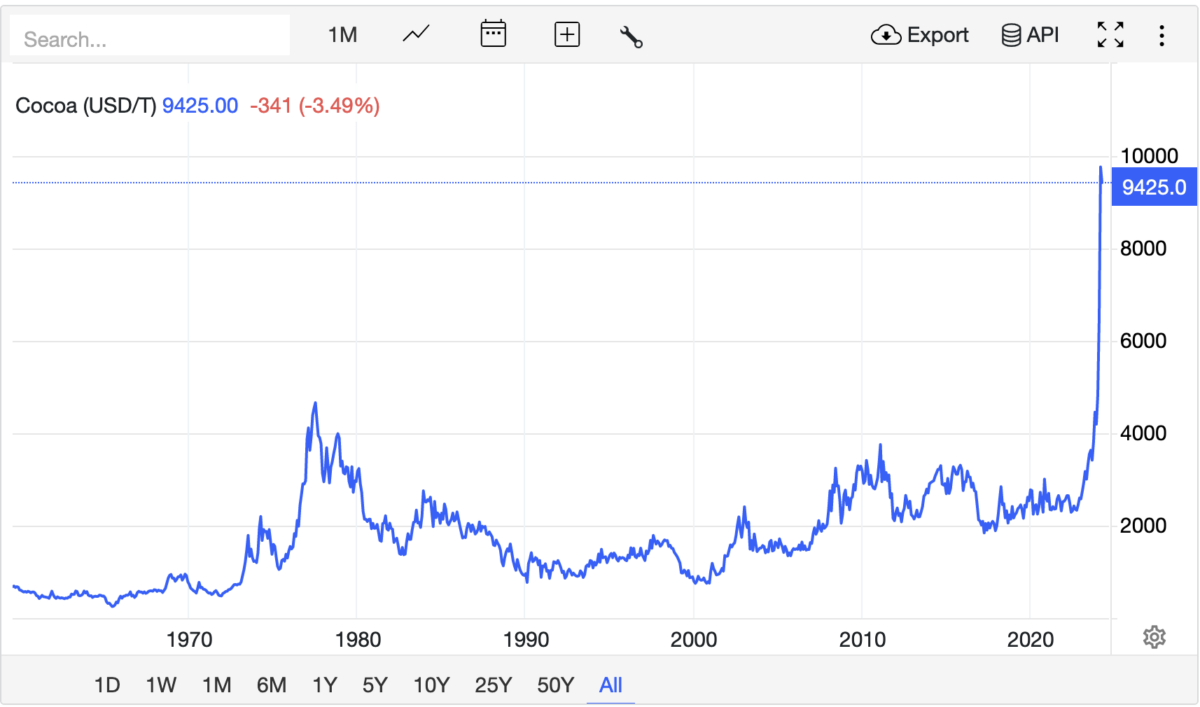
A searing heatwave that struck west Africa in February was made 4˚C hotter and 10x more likely by human-caused global heating, a study has found.
The heat affected millions of people but the number of early deaths or cases of illness are unknown, due to a lack of reporting.
The region is the world’s largest exporter of cocoa, and farmers said the heat weakened their trees, which were already damaged from extreme rainfall in December. Prices for cocoa have soared due to climate-related damage to the crops, and the latest heatwave adds further pressure.
The study, by the World Weather Attribution group of scientists, found that the heatwave would have happened less than once a century in a world without climate change. But instead it was a once-a-decade event, with an average of 1.2˚C of global heating over the last four years.
The region studied was in southern west Africa, where the heat was most extreme, including Nigeria, Benin, Togo, Ghana, Ivory Coast, Liberia and Sierra Leone.
If emissions from burning fossil fuels are not rapidly reduced and global temperatures rise to 2˚C above pre-industrial levels, such heatwaves will occur every other year.
The most severe heat occurred from 11 to 15 February, with temperatures peaking above 40˚C and averaging 36˚C. Humidity was also high, making it harder for people to cool down by sweating. The heat index, a measure combining temperature and humidity to reflect how heat feels, was 50˚C. “That is very dangerous for the human body,” said Izidine Pinto, of the Royal Netherlands Meteorological Institute.
The UN has estimated that the cost of adaptation to the climate crisis for developing countries is between $215bn and $387bn. The global community delivered just $21bn in 2021.